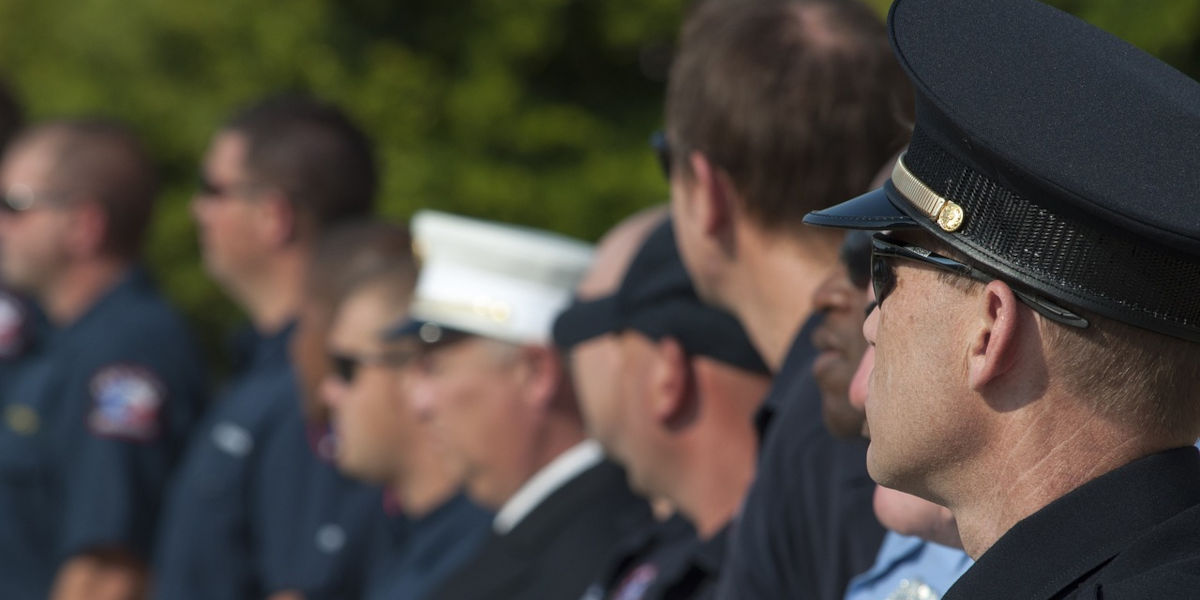Living a well-rounded life may often seem like an elusive goal, especially for the ones who dedicately serve to safeguard the community: our soldiers in blue, the police officers. The nature of their job—a whirlwind of emergencies, irregular schedules, and high-stress scenarios—makes the idea of work-life balance for police officers seem nearly impossible. Yet, achieving this equilibrium is incredibly crucial to their overall well-being. In this article, we delve into how police officers can maintain work-life balance and explore the potential benefits of doing so. Strap yourself in for a rewarding read!
Why Work-Life Balance is Crucial for Police Officers?
The badge they wear is not just a piece of metal—it's a sign of unwavering courage, boundless dedication, and immense responsibility. Every single day, they plunge themselves into a world where there is no room for personal indulgences or breaks. The circumstances are intense, the stakes are high, and the duty is tough—making achieving a harmonious blend of personal life and work a challenging endeavor for police officers.
Nevertheless, the importance of balancing work and life for law enforcement officers cannot be overstated. Regular exposure to stress, trauma, and difficult issues invariably bleed into their personal lives, impacting their mental, emotional, and physical health. Additionally, the stress of the job can also strain relationships with family and friends, adding to their mental load. Hence, finding a balance between work and life becomes all the more vital to keep burnout at bay and maintain a healthy life outside the precinct.
Striking the Balance: How Can Police Officers Maintain Work-Life Balance?
While every police officer’s experience is unique, certain strategies can universally help ensure their professional and personal spheres don't spin out of control. Let’s dig into how police officers can maintain work-life balance.
1. Prioritize Self-care
Self-care is often perceived as a luxury, when in fact, it is a necessity. For police officers, it goes beyond the occasional spa days or reading a book—it means taking time off to decompress, engage in physical activities, eat nutritiously, and most importantly, seek mental health support when needed. Recognizing and addressing the signs of stress, trauma, and anxiety proactively can go a long way in maintaining officers' mental well-being.
2. Set Boundaries
Knowing when to say no is not just empowering—it’s also a prerequisite for maintaining sanity in the high-pressure world of law enforcement. This could mean resisting the urge to pick up extra shifts, disconnecting from work emails and calls during off-duty hours, or simply taking out time for hobbies and interests. Setting clear boundaries between work and leisure time can help officers recharge and return to duty with renewed vigor.
As we unfold the succeeding strategies for a balanced life, let’s reflect on the benefits of work-life balance for police officers.
Police officers serve the community by maintaining law and order, but in doing so, they often neglect their personal lives. This constant attention to duty can lead to burnout, stress, anxiety, and a host of other health issues. To maintain any semblance of balance, it is crucial for police officers to establish a boundary between their professional and personal life. Here's how:
Setting Boundaries
Given their unpredictable and demanding schedule, police officers must make it a priority to establish and maintain boundaries between their work and their personal lives. These boundaries should clearly distinguish between time dedicated to professional obligations and time spent with family and friends. This might require negotiating certain hours or days off, avoiding work-related calls or activities during designated 'personal time,' or simply communicating to colleagues the importance of this balance.
Prioritize Time with Loved Ones
Spending quality time with loved ones is paramount for an individual functioning in a high-stress job. This can significantly alleviate stress and provide a sense of normalcy despite a hectic schedule. Organizing regular family activities, date nights, or trips with friends can help officers disconnect from work and focus on building and maintaining their personal relationships.
Taking Care of Personal Health
Physical and mental wellbeing is often sidelined when police officers are caught up in the rigors of duty. Regular exercise, proper nutrition, ample sleep, mindfulness practices, and routine health check-ups should be integral to maintaining a Work-Life balance. These healthy habits can also improve job performance and resilience to stress.
Professional Assistance
Police departments should provide accessible and effective professional help such as therapists, counsellors, wellness programs, and support groups. Officers should be encouraged to make use of these services without feeling stigmatized. Professional help can be instrumental in dealing with occupational stress, PTSD, anxiety, or any other work-related issues.
Conclusion
In conclusion, while the life of a police officer is innately strenuous and stressful, achieving a work-life balance is not unattainable. By setting boundaries, prioritizing time with loved ones, focusing on physical and mental health, and utilizing professional help, officers can enjoy fulfilling personal lives without compromising their commitment to serve and protect.




